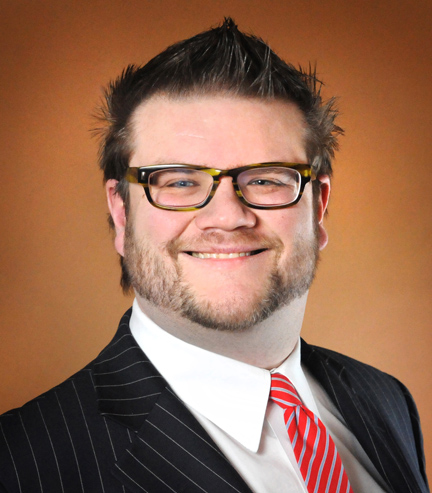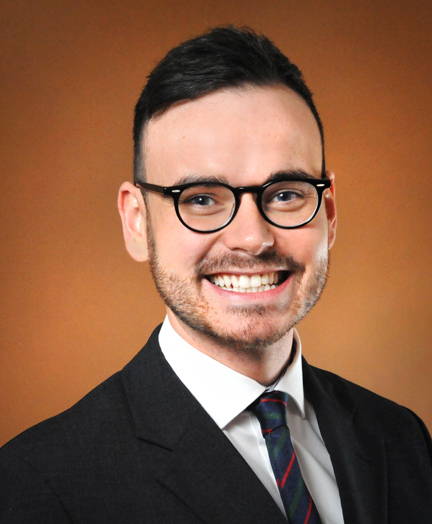How do courts assess whether brain-damaged babies should receive aggressive treatments? Is there a place for emotions in judicial decisions? Can we achieve equality for LGBT communities in criminal law?

These are among the complex questions being tackled by this year’s Trudeau Foundation Scholarship recipients.
The scholarship supports social sciences and humanities students researching and sharing ideas aimed at solving issues of critical important to Canadians.
Five of the 14 Trudeau scholars, whose names were released yesterday, are looking at legal issues. They include Jean Frédéric Ménard, who’s researching the legal and ethical dilemmas faced in neonatal care, for babies up to 28 days old.
Ménard aims to address how health professionals, parents, judges and jurists weigh up whether to pursue aggressive interventions, or opt for palliative care, for babies with serious health problems. This includes babies with severe brain damage caused by asphyxiation during labour or those who have survived a very premature birth, the latter being increasingly common due to medical advances.
He says: “I worked for a year at Montreal children’s hospital as an ethics consultant and realized that there were big questions that don’t necessarily have an answer, so decided to go back to grad school to try to answer them.”
Courts and health workers are told to consider the “best interests of the child” but this is “very difficult to define,” says Ménard, who began his doctoral studies last October at University College London’s Faculty of Law. His research will look at Quebec, France. and the U.K.
Another Trudeau Foundation recipient is Kyle Kirkup, who’s just finished the first year of his doctoral program at the University of Toronto’s Faculty of Law. He’s researching whether it’s possible to achieve equality for LGBT community members in the domain of criminal law.

“Historically the LGBT movement in Canada was very much formed around considerations of the criminal law, he says. For example, it played a central part in the decriminalization of homosexuality in 1969 and in the bathhouse riots in the early 1980s.”
But after establishing some basic principles of equality, attention shifted to family law matters such as same sex marriage and adoption rights, says Kirkup.
“Now that we’ve achieved much of that equality in family law, maybe it’s time to go back to criminal law,” he adds, noting there are still many unresolved issues. For example, questions have arisen as to whether prisons should house transgender inmates in institutions based on their anatomical sex, and whether male or female officers should perform strip searches.
There’s also a debate to be had over how the law treats gay men who fail to disclose that they have HIV, argues Kirkup.
The scholarship provides a $60,000 annual grant for three years, as well as mentoring.
Also benefiting from the grant is Yale University student Ryan Liss, researching whether a common set of fundamental justice principles can “rally the nations of the world,” as in the case of international criminal justice.
Leah Trueblood, studying law at the University of Oxford, wants to see whether clarifying and improving the legal obligations faced in people’s daily lives could lead to a more just society.
Emily White, researching legal theory and human rights at New York University, is looking into a way to use emotions in the service of human rights and dignity.
“This cohort of scholars consists of the best minds in the best institutions studying crucial and complex issues for Canadians and the world,” says foundation president P.G. Forest. “The Trudeau scholarship will provide them with the conditions necessary to generate innovative solutions in their area of study.”

 These are among the complex questions being tackled by this year’s Trudeau Foundation Scholarship recipients.
These are among the complex questions being tackled by this year’s Trudeau Foundation Scholarship recipients. “Historically the LGBT movement in Canada was very much formed around considerations of the criminal law, he says. For example, it played a central part in the decriminalization of homosexuality in 1969 and in the bathhouse riots in the early 1980s.”
“Historically the LGBT movement in Canada was very much formed around considerations of the criminal law, he says. For example, it played a central part in the decriminalization of homosexuality in 1969 and in the bathhouse riots in the early 1980s.”